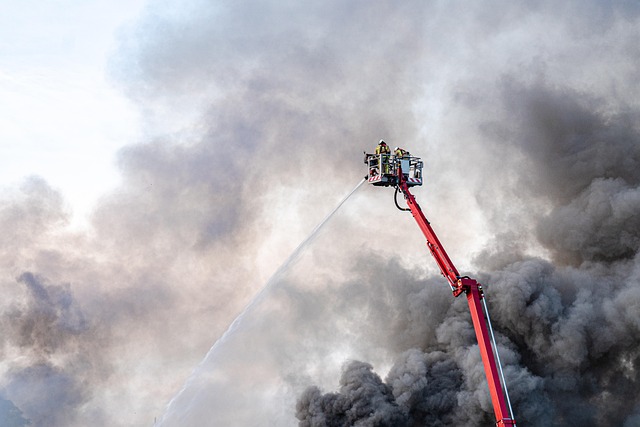Background checks are essential tools for the hospitality industry, going beyond qualification verification to uncover potential red flags, ensuring employees align with business values and standards. Robust background screenings mitigate risks of unsafe or unethical behavior, protect customers, and foster a reputation for integrity and professionalism. Effective practices include comprehensive screening, reference verifications, and educational validation, integrating these elements meticulously assesses candidates' trustworthiness, fostering a culture of safety, integrity, and excellence. Regular updates to background check protocols are vital to align with legal requirements and industry best practices in hospitality employee screening.
Background checks play a pivotal role in ensuring quality and safety standards within the hospitality industry. This crucial process goes beyond verifying employment history, delving into an applicant’s criminal record, education, and references. Effective hospitality employee screening involves meticulous consideration of key elements to mitigate risks and foster a welcoming environment. By implementing and maintaining robust background check standards, establishments can protect their reputation, safeguard customers, and cultivate a culture of excellence.
- Understanding the Importance of Background Checks in Hospitality Industry
- Key Elements to Consider in Effective Hospitality Employee Screening
- Implementing and Maintaining Comprehensive Background Check Standards
Understanding the Importance of Background Checks in Hospitality Industry

In the hospitality industry, where first impressions matter and customer satisfaction is paramount, employing the right staff is not just a hiring decision—it’s a strategic move to ensure a seamless experience. Background checks play a pivotal role in this process, acting as a crucial filter in the hospitality employee screening process. These checks go beyond verifying qualifications and work history; they uncover potential red flags, ensuring that employers hire individuals who align with their values and standards.
By implementing robust background checks, hospitality businesses can mitigate risks associated with unsafe or unethical behavior. This includes protecting customers from potential threats and ensuring a safe working environment for employees. Moreover, it helps build a reputation for integrity and professionalism, which is essential in attracting and retaining guests who increasingly value safety and security in their chosen accommodations.
Key Elements to Consider in Effective Hospitality Employee Screening

Effective hospitality employee screening involves several key elements that contribute to upholding high standards within the industry. Firstly, comprehensive background checks are essential. This includes verifying employment history, checking references, and conducting criminal background investigations. By delving into an applicant’s past, employers can identify potential red flags and ensure they hire trustworthy individuals.
Additionally, thorough screening should encompass reference checks with previous employers to gain insights into the candidate’s work ethic, reliability, and performance. Educational verification is another critical aspect, ensuring that employees possess the necessary qualifications and training for their roles. Combining these methods creates a robust hospitality employee screening process, fostering an environment of safety, integrity, and excellence.
Implementing and Maintaining Comprehensive Background Check Standards

Implementing and maintaining robust background check standards is a cornerstone of responsible hospitality industry practices. By integrating comprehensive employee screening into their onboarding process, establishments can mitigate risks associated with unsavory hires. This proactive approach ensures that staff members meet specific criteria, enhancing guest safety and satisfaction.
Effective background checks involve verifying identities, criminal histories, and previous employment records. They also may include drug screening and reference checks to gain insights from past employers. Regular updates of these protocols are vital to keep pace with evolving legal requirements and industry best practices in hospitality employee screening.






